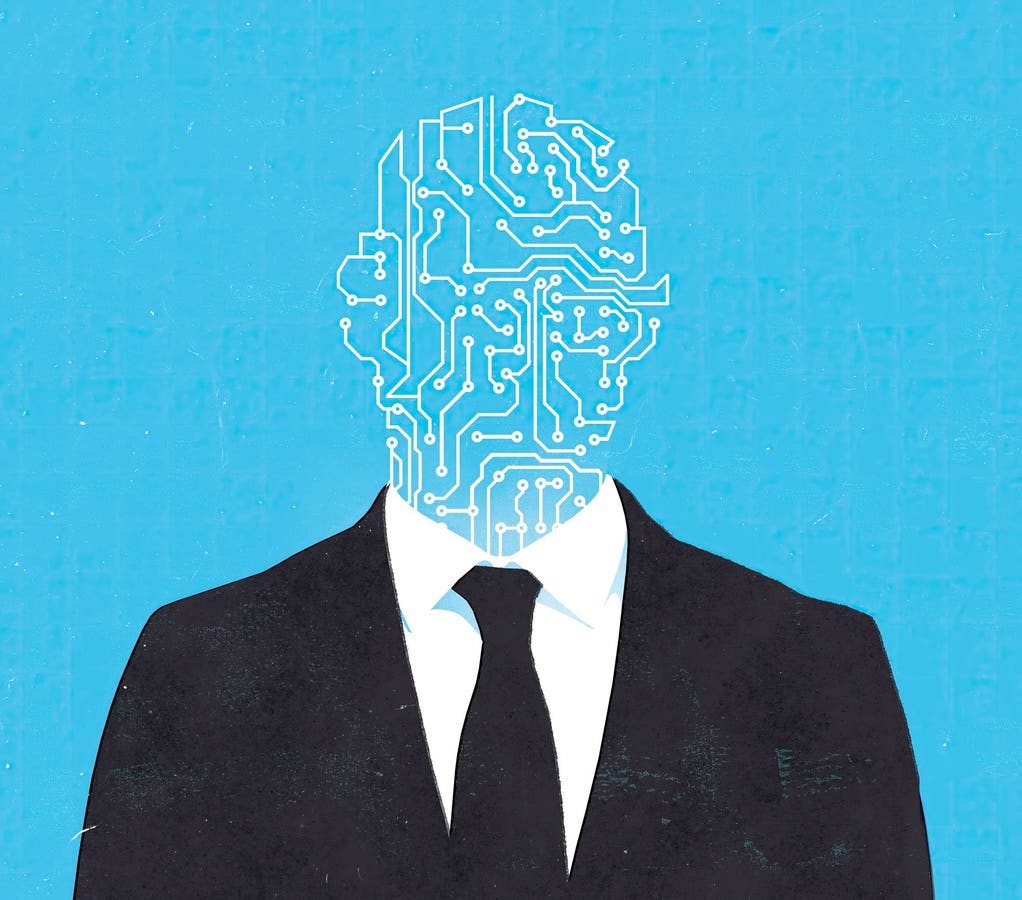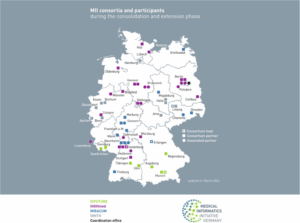Jobs Most Likely to Disappear as AI Transitions in the Workplace

The Rapid Rise of Artificial Intelligence in the Job Market
Artificial intelligence (AI) is evolving rapidly, prompting many to question when it will significantly influence the job market. With various economic challenges in the U.S. such as a hefty $36 trillion debt and ongoing tariff tensions, the impact of AI adds an urgent need for workers to prepare for potential disruptions in their careers.
According to insights from major organizations, including PwC, McKinsey, and the World Economic Forum, AI is on track to drastically alter the global workforce by 2050. Reports indicate that as many as 60% of current jobs will require major adjustments because of AI and automation. As intelligent systems become more embedded in workplaces, it’s vital for workers to enhance their skill sets to remain competitive.
Preparing for the Future Job Market
To maintain relevance in a job market increasingly influenced by AI, individuals should focus on acquiring skills such as critical thinking, digital literacy, and adaptability. Here are some actionable steps:
- Invest in Learning: Acquire new skills in technology and data analysis that align with AI tools.
- Explore Resilient Sectors: Focus on fields that are less likely to be automated, such as healthcare and education.
- Advocate for Retraining: Participate in or support programs aimed at helping workers transition to new roles.
Prominent investor Ray Dalio emphasizes the need for balance between technological advancements and human capabilities. He believes that those who prepare now will play a critical role in shaping the future landscape of work.
The Changing Landscape of Jobs
Experts estimate that AI will revamp the job landscape in the next 10 to 30 years. A McKinsey report foresees that by 2030, around 30% of jobs in the U.S. could become automated, with 60% significantly modified by AI technologies. Goldman Sachs anticipates that generative AI could automate up to 50% of jobs by 2045, intensifying the urgency for workers to adapt.
According to Goldman Sachs, up to 300 million jobs may be impacted by AI, which poses a significant challenge for many sectors. Fortunately, jobs in labor-intensive industries like construction and skilled trades are considered less likely to be fully automated.
How Quickly Will Changes Occur?
The speed of these changes largely depends on technological advancements, regulations, and economic needs. Billionaire investors, like Bill Ackman, suggest that companies are swiftly adopting AI due to cost-saving concerns, which could lead to a faster transition than previously expected.
Treasury Secretary Scott Bessent argues that supporting retraining initiatives can ensure that the U.S. remains competitive in the global market while minimizing job displacement. By 2040, it is expected that AI could automate or transform 50% to 60% of existing jobs, with full dominance possible by 2050.
Identifying Job Vulnerabilities
AI’s impact will vary by job type, with some roles being at higher risk than others. Positions in data entry, customer service, and scheduling are already seeing automation through AI technologies like chatbots. A 2024 study from the Institute for Public Policy Research indicates that 60% of administrative tasks can likely be automated.
Jobs in sectors such as finance and legal work are particularly vulnerable. For example, bookkeeping, contract drafting, and basic data analysis are increasingly handled by AI tools, which can perform tasks faster and with greater accuracy than humans. Major firms like JPMorgan are actively integrating AI to automate routine financial assignments.
Creative roles such as graphic design and content creation are also feeling the effects of AI. Tools like DALL-E and various text-generating platforms can produce content rapidly, raising concerns among those in the media industry about the potential for job loss.
Roles Less Likely to be Affected
While many positions are under threat, certain job roles will be harder to automate. Healthcare professions such as nursing, therapy, and social work require emotional intelligence and personal interaction, which AI struggles to replicate. Educational roles, especially those demanding critical thinking, creativity, and adaptability, are also considered resilient against automation.
In summary, as AI continues to develop, the job landscape will inevitably change. Workers must identify their strengths and consider how to adapt to this new reality to remain valuable in their fields.






